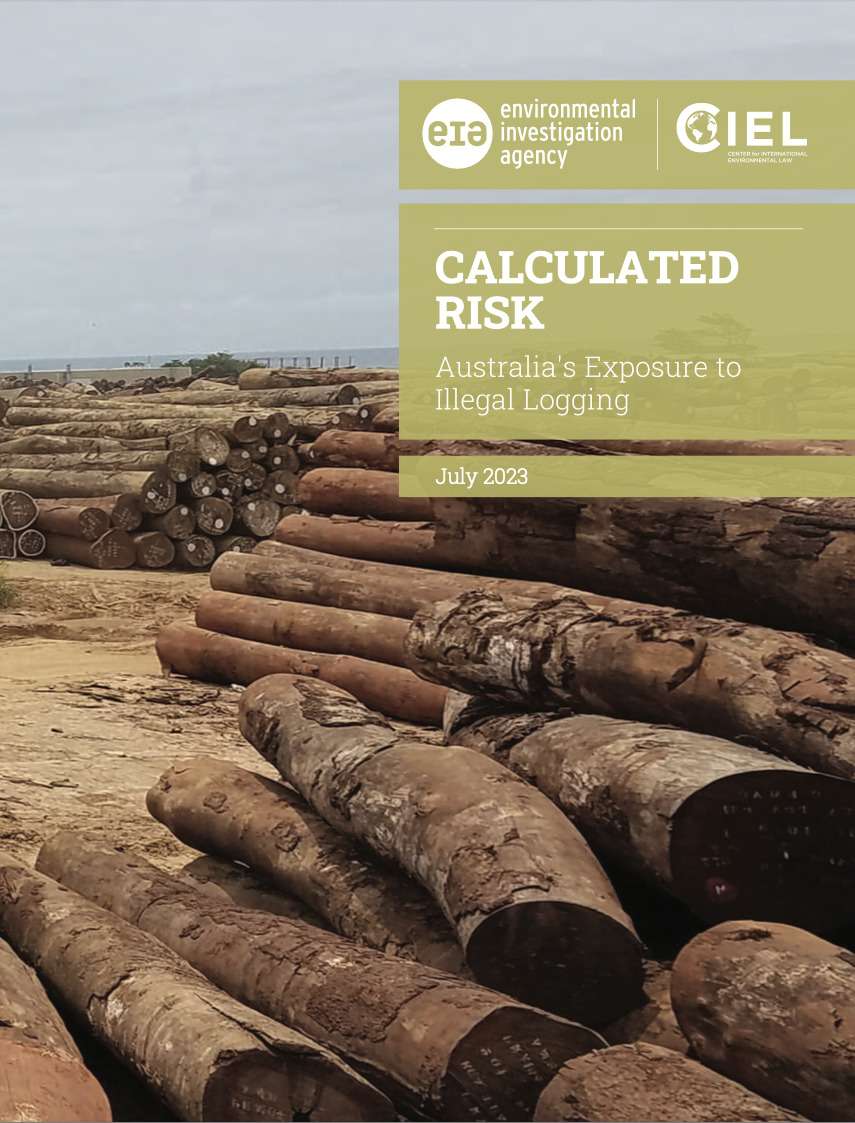
Illegal logging and associated trade is a problem of global proportions, with devastating impacts on climate, biodiversity, and the livelihoods of millions of people. Forest crime has severe adverse economic and social impacts in both producing and importing countries through the loss of much-needed tax revenues. Illegal logging can only prevail as long as international markets allow trade in stolen timber.
To address global deforestation, demand-side countries, including Australia, the United States, and the European Union, have created laws prohibiting the import of timber and wood products from trees illegally logged in producer countries. These demand-side measures to keep illegally sourced wood products out of supply chains are having a positive impact on the forest sector in producer countries. Effective implementation and enforcement of demand-side laws, such as the Illegal Logging Prohibition Act (ILPA), are crucial to shift the international market away from illegal timber trade, while at the same time protecting domestic industries from unfair competition through cheap illegal wood supply.
A new report by CIEL and the Environmental Investigation Agency (EIA), Calculated Risk: Australia’s Exposure to Illegal Logging, provides an overview of timber trade imports into Australia from countries and regions with a high risk of illegal logging. The information aims to inform Australian enforcement agencies and companies in their efforts to implement, enforce, and comply with the ILPA.
Given the value and volumes of high-risk timber and wood products entering Australia, the report concludes that both the Australian government and Australian companies should increase implementation, compliance, and enforcement actions. The report also identifies specific recommendations for actions to reduce illegal timber imports.
Published on July 10th, 2023.
